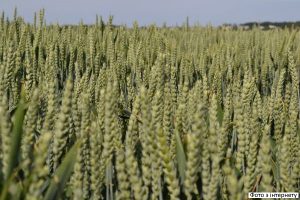The new bacteria will help significantly reduce environmental damage caused by the leaching of traditional nitrogen fertilizers into water bodies. This causes algae blooms and oxygen levels to drop, which leads to the death of fish in the water. A new study suggests that engineered bacteria may one day replace such fertilizers.
In a study led by Professor Florence Mousse, scientists at the University of Washington genetically engineered new strains of soil bacteria called Azotobacter vinelandii. Although it was already known that bacteria convert ambient nitrogen gas into ammonia, the modified bacterium is able to synthesize ammonia at a constant level and regardless of environmental conditions.
In laboratory studies, when modified Azotobacter vinelandii was added to the soil in which rice plants grew, it was observed that the plants absorbed ammonia produced by the bacteria. Currently, researchers are working on developing additional species of Azotobacter vinelandii that produce ammonia at different rates and amounts. This will meet the needs of different types of agricultural crops.
In this way, it is assumed that plants are guaranteed to use all the ammonia, and there will be no excess that flows out of the soil and gets into nearby waterways. In addition, farmers will not have to pay for the use of additional fertilizers, which will not even be needed.
“Successful widespread use of these biofertilizers in agriculture will reduce pollution, help control the nitrogen cycle in the soil, reduce production costs and increase farmers” income, as well as increase sustainable food production by improving soil fertility,” said Florence Mouse, Ph.D., research associate professor at the Institute of Biological Chemistry at Washington State University.
According to informarion of Sundries









